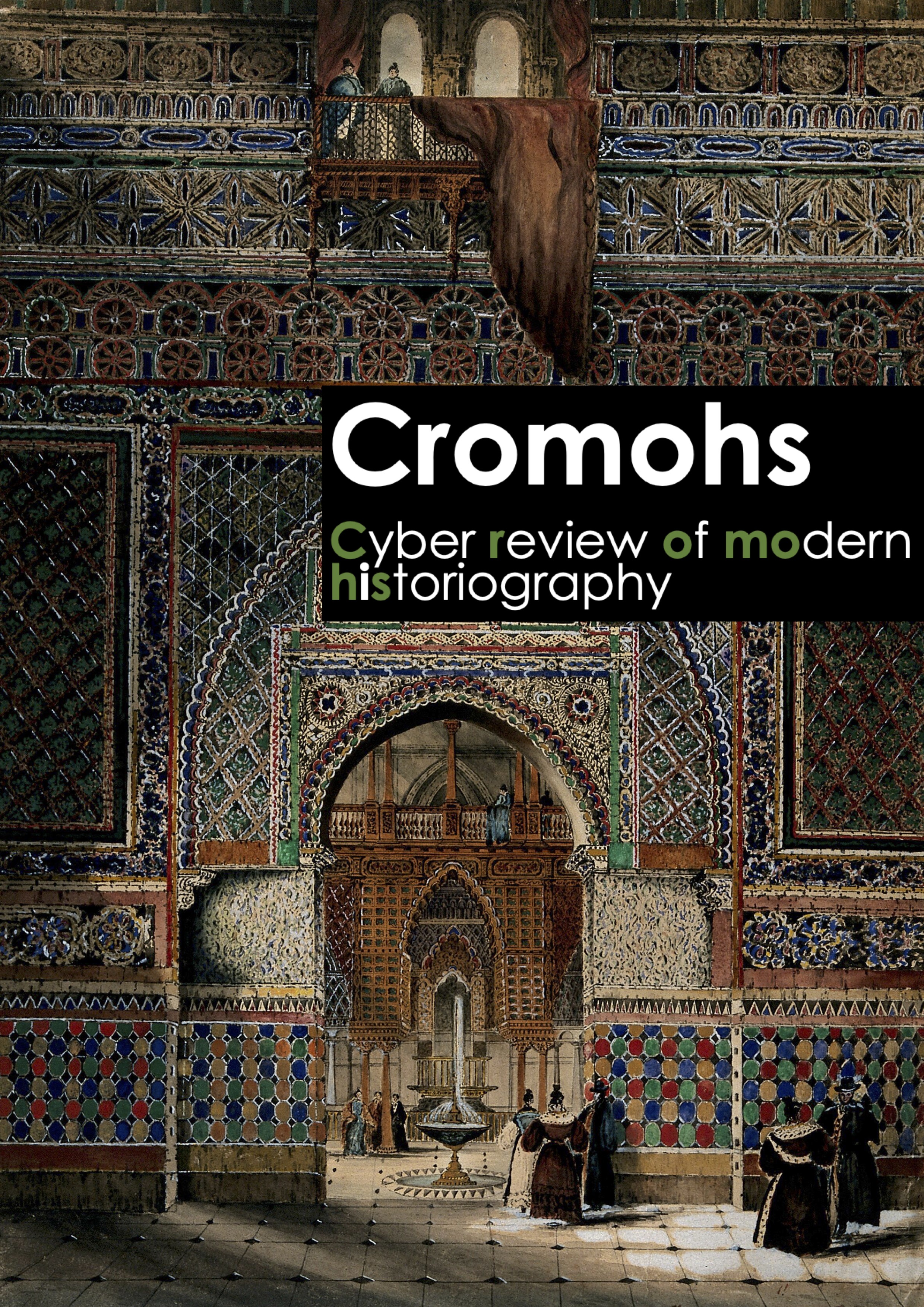Studying Trade and Local Economies in Early Islamicate Societies: Responses to the ‘Long-Divergence’ Debate from Islamic History
Published 2022-06-08
Keywords
- Early Islamic History,
- Trade,
- Historiography
Abstract
The history of trade has been used in many studies comparing different economic and political trajectories, based on the theory of a long-in-the-making "divergence" between the Middle East and the West, and tying together historical and political analyses of growth and development. Recent responses raised from within scholarship on early Islamic history contribute to upsetting the theory's premises. In recent years scholars have produced new studies on early Islamicate documents, social practices, and economies, creating the premises for more complex comparisons between late-antique and medieval institutions on a global yet interconnected scale. The debate has pushed some historians to explore different kinds of connections, for example, by focusing more on local contexts and regional trade patterns. These specialised studies, in turn, may help historians in other fields to better situate the history of Islamic institutions into discrete political and geographic contexts when assessing questions of continuity and rupture.


